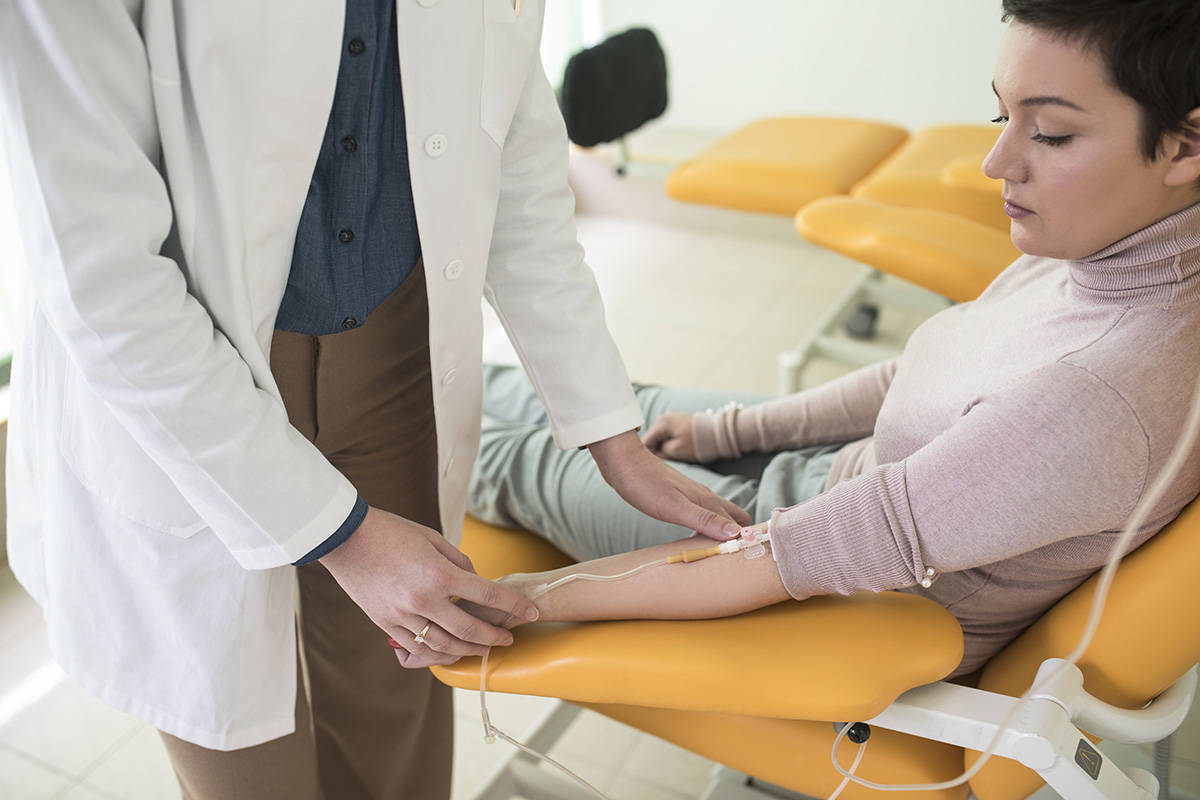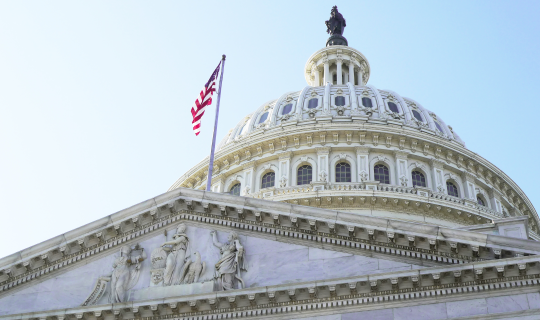Seven questions about biosimilars
By AmerisourceBergen

What is a biosimilar?
A biosimilar is a biologic product that is highly similar—yet not identical—to a reference product. Before a biosimilar goes to market, its manufacturer must conduct studies to show it is highly similar to its reference product.1 As of October 2022, there have been 24 biosimilars launched in the U.S.2
Are biosimilars safe and effective?
Biosimilar products go through a rigorous FDA approval process to make sure they are safe, pure, and effective. For FDA approval, the manufacturer must demonstrate that the biological product is highly similar and has no clinically meaningful difference between it and the reference product.1What is the difference between a biosimilar and a generic?
Biosimilars are not generics. Generics are exact copies of synthetic pharmaceuticals, and the active ingredients must be the same as a brand name drug. Biosimilars are copies of biologics, which are medications made with living cells. They can have slight differences in clinically inactive components.3
How do biosimilars support access, choice, and value?
Biosimilars are often cheaper for specialty physician practices than their reference products. Medicare supports the use of biosimilars and reimburses for them at rates competitive to originator products.4 Biosimilars can also save patients money as they often pay less out-of-pocket.5
What is interchangeability?
Biosimilars that have been approved by the FDA for interchangeability can be substituted for without the intervention of the healthcare professional, in a process known as pharmacy-level substitution. This is subject to state laws.6 As of October 2022, three biosimilars—Semglee2, Cyltezo, and Cimerli7—have the interchangeable designation.
What biosimilars might matter to specialty physicians?
For rheumatology and gastroenterology practices the Infliximab market has three launched biosimilar products: Inflectra, Renflexis, and Avsola. All three reference REMICADE. RITUXAN has three biosimilar products that reference it: Truxima, Ruxience, and Riabni.2 Those products would also be of interest to general infusion centers.
For retina/ophthalmology practices, the Ranibizumab market has two launched biosimilar products: Byooviz and Cimerli. Both products reference LUCENTIS and are commercially available as of October 3, 2022.8 Beyond this, the retina/ophthalmology pipeline is in a promising place. Two other biosimilars that reference LUCENTIS are in the manufacturer development pipeline, as are nine that reference EYLEA.2
For general medicine practices, one exciting development was the launch of Semglee, the first approved biosimilar in the insulin space. It references LANTUS. Semglee is the first biosimilar to launch with interchangeability in the United States. 2
Where can physicians who are new to biosimilar therapies learn more?
Read the biosimilars basics whitepaper to increase your understanding of these products.Download the biosimilar pipeline report to visualize both the current landscape and potential for this marketplace.





